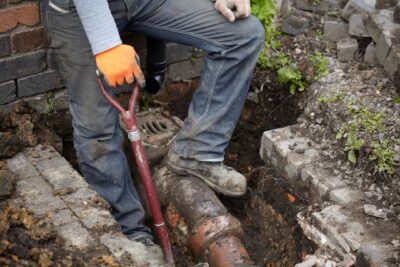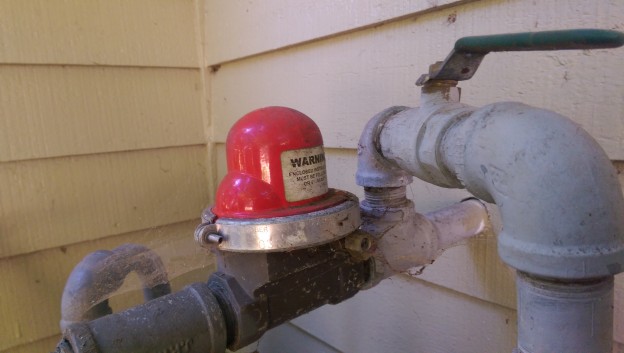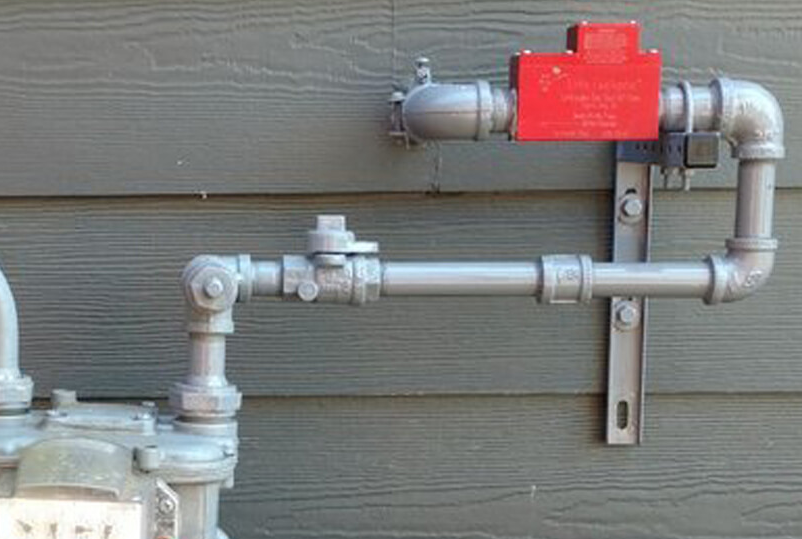The lifespan of a sewer line can vary depending on several factors, including the material it is made of, the soil conditions in which it is installed, and how well it has been maintained over the years.
In general, most sewer lines are designed to last anywhere from 50-100 years.
However, if your home was built before the 1970s, there’s a chance that your sewer line may be made of outdated materials such as clay or cast iron, which have shorter lifespans.
Regular maintenance is key to extending the life of your sewer line
This includes avoiding flushing items down the toilet that could clog the pipes, such as grease, paper towels, or feminine hygiene products. It’s also important to have your sewer line inspected regularly by a professional plumber who can identify any potential issues before they become major problems.
If you start noticing signs that your sewer line may be failing, such as slow drains, foul odors coming from drains or toilets, or sewage backups in your yard or basement, it’s important to address these issues promptly. Ignoring them could lead to more extensive damage and costly repairs down the road.
In some cases, if your sewer line is beyond repair due to age or damage, you may need to consider replacing it entirely. While this can be a significant investment upfront, it can save you money in the long run by preventing further damage and reducing the likelihood of emergency repairs.
In conclusion, while there is no exact timeframe for how long you can expect your Los Angeles home’s sewer line to last, regular maintenance and prompt attention to any issues that arise can help extend its lifespan. By staying proactive and working with a trusted plumber when needed, you can ensure that your sewer line continues to function properly for many years to come.

As a homeowner in Los Angeles, one of the last things you want to deal with is a sewer line issue. Not only can it be costly to repair, but it can also cause a major disruption in your daily life. That’s why it’s important to understand how long you can expect your home’s sewer line to last and what signs to look out for that may indicate it needs attention.





